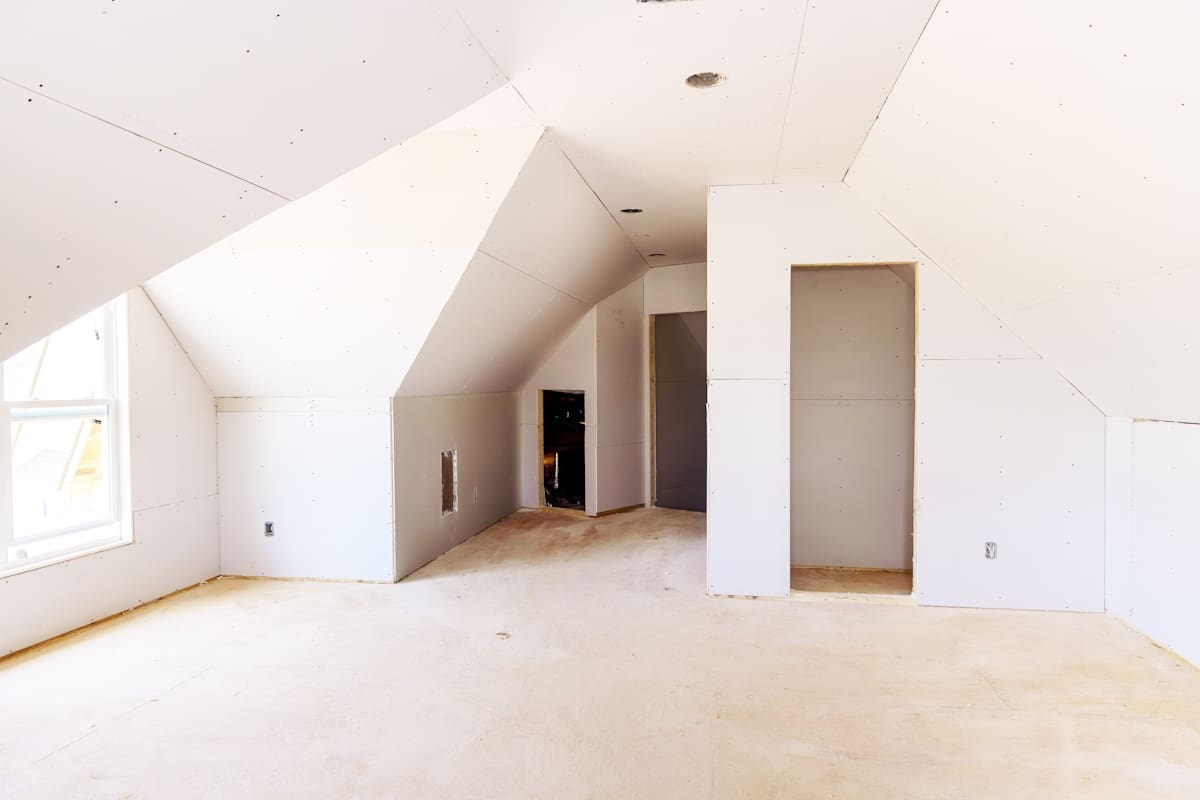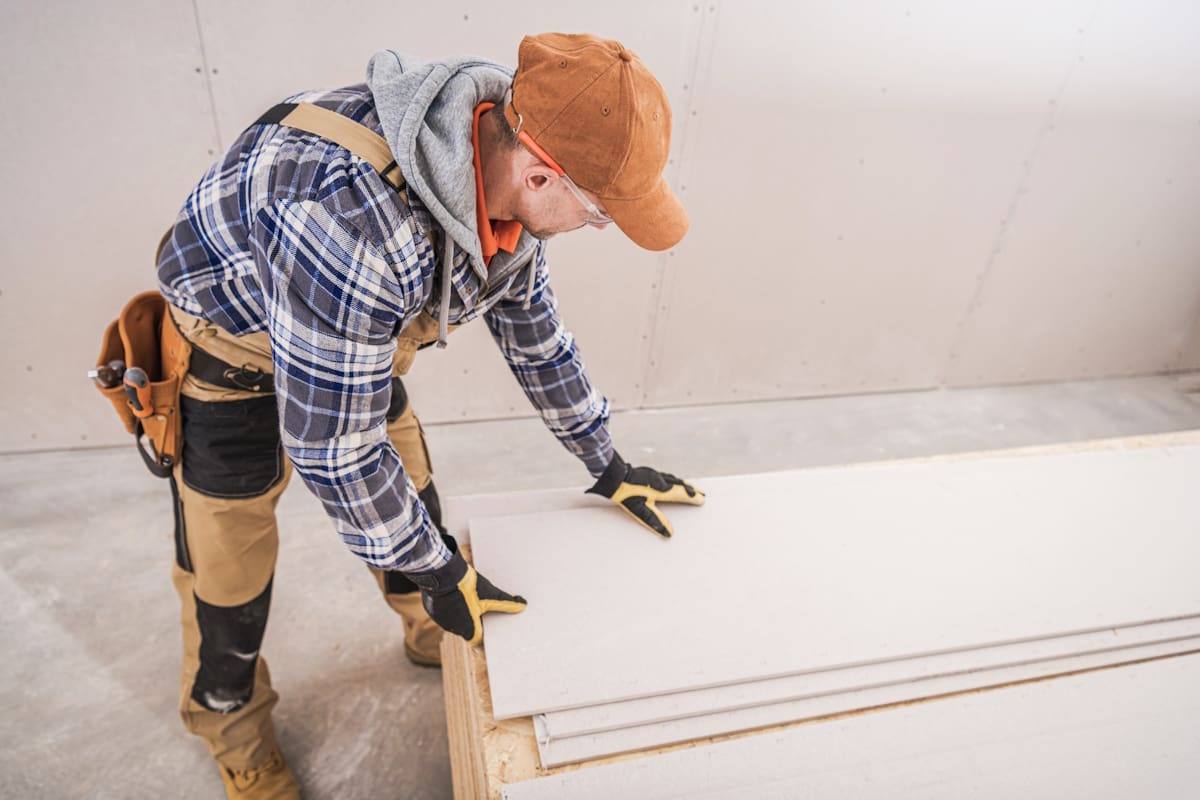
Sheetrock Services

Sheetrock Services
Locally owned & family-operated, Lafayette Roofing & General Contractors is Acadiana’s premier choice for exterior remodeling and renovation.
A Perfectly Blank Canvas
Sheetrock Services & Installation
Sheetrock, also known as drywall or gypsum board, provides a smooth and seamless finish to walls and ceilings. Made of gypsum panels sandwiched between two thick sheets of paper, sheetrock replaces traditional methods like plaster for defining interior spaces. Once installed, the seams between the panels are sealed, creating a continuous, smooth surface. The result is a perfectly blank canvas for you to apply paint, wallpaper, or other decorative finishes.
Not only is sheetrock fundamental for finishing a room, but it also plays a role in fire resistance, sound insulation, and thermal regulation of the building. In combination with soundproofing and proper insulation, sheetrock helps to maintain interior temperatures and prevent sound intrusion. Its versatility, inherent safety features, and ease of installation have made it the standard choice in modern construction for defining the interior spaces of homes and commercial buildings.
Contact Us Today!


Quality & Service Are Our Top Priorities
Metal
Roof Coating
We’re More Than Just Roofing
Sheetrock installation is a meticulous process that transforms the frame of a home into a smooth surface that’s ready for decoration. Choosing the appropriate type of sheetrock that’s tailored for the specific room or environmental conditions, is important. Our sheetrock contractors can help you to identify the right grade for your project. Installation starts with panels being measured, cut to size, and then attached to the studs. A specialized compound (often referred to as “mud,”) is used to cover screw heads and joints to create a uniform surface. Once thoroughly dry, it’s sanded down for a smooth finish. The rooms are now ready for priming, painting, and trim.
At Lafayette Roofing & General Contractors, we are the leading experts in drywall and sheetrock, consistently delivering projects that blend perfectly with existing spaces. Our crew members and contractors are trained in sheetrock installation, helping to create a uniform texture and seamless joints for your next project.
Contact Us Today!
-Ted Hampton
-Gary Melancon
“I cannot write enough positive words about this company. They were an answer to prayer! We were looking for a good contractor that would be honest & fair, and this company was all of that and more. Lafayette Roofing employees were extremely professional. Their work was outstanding. We are very thankful!!! Companies like this are few and far between these days. It is such a great feeling to know that there are still companies out there that truly care about others.”
-Adrian Salas
-Dera Man
-Patty Labbie
-Timothy Sharlow
-Ricky Domingue
Contact Us Today!

